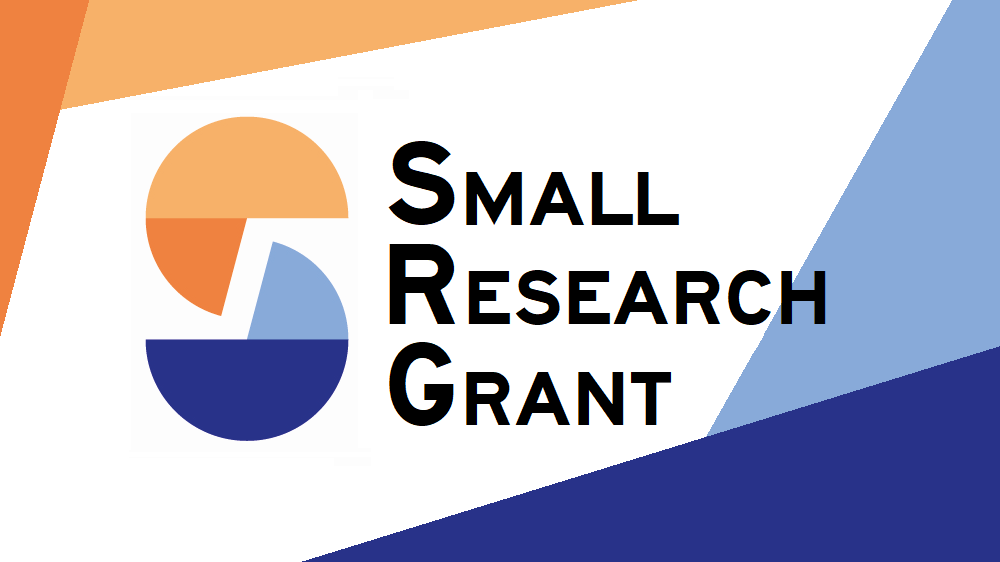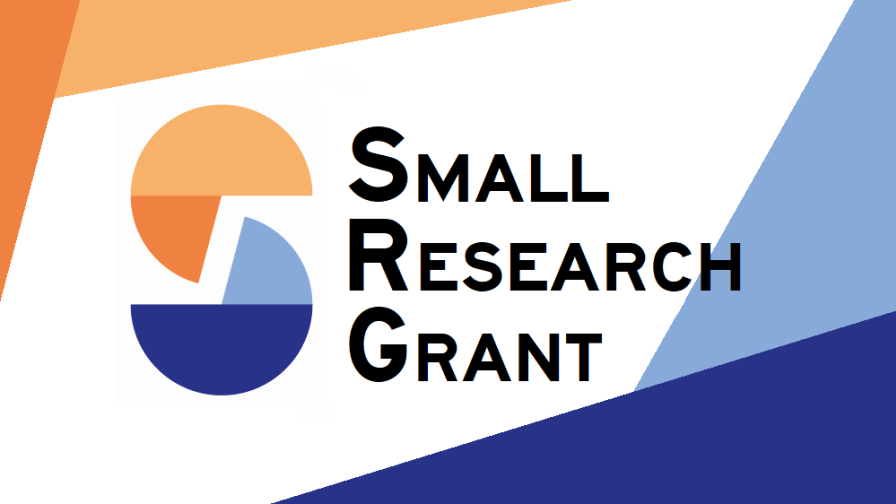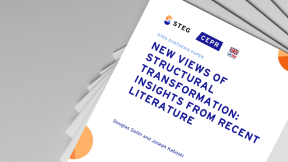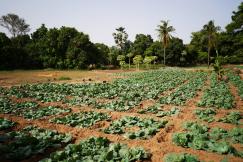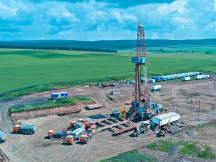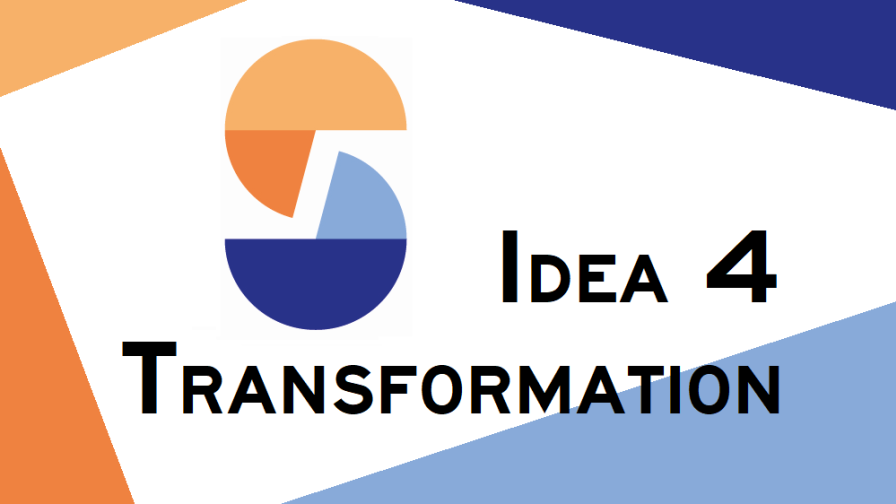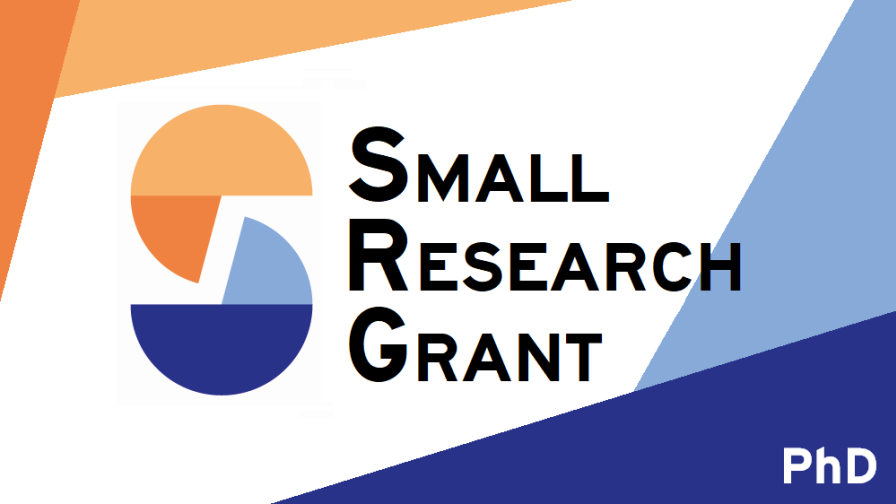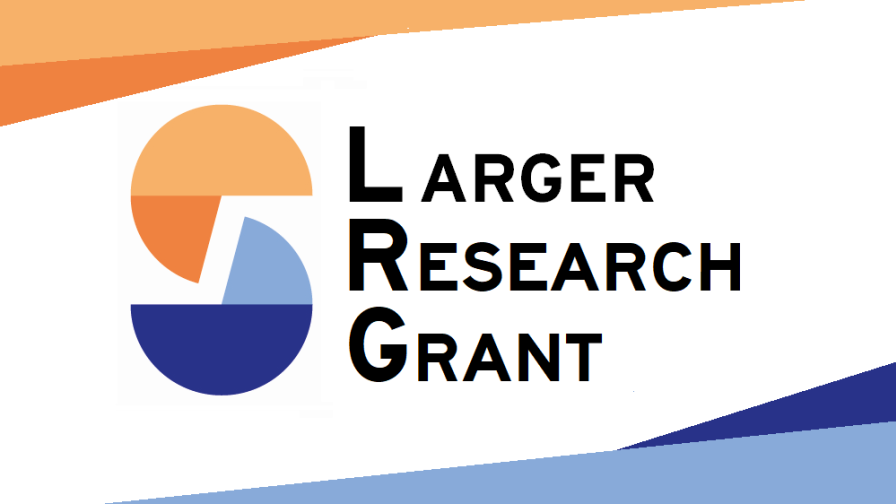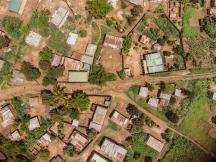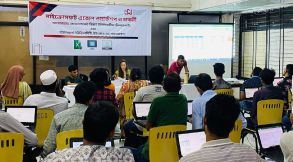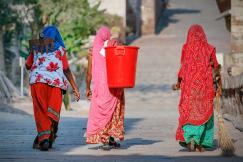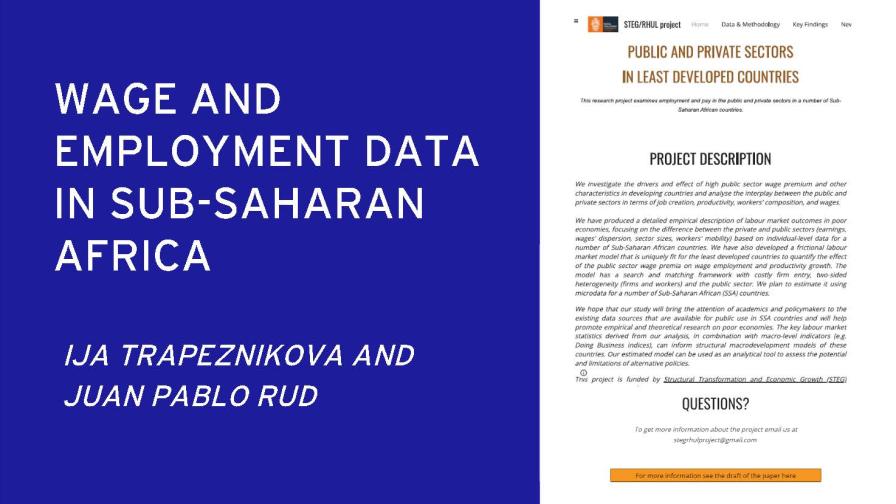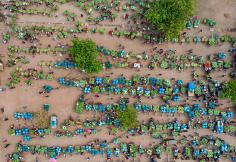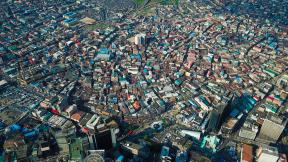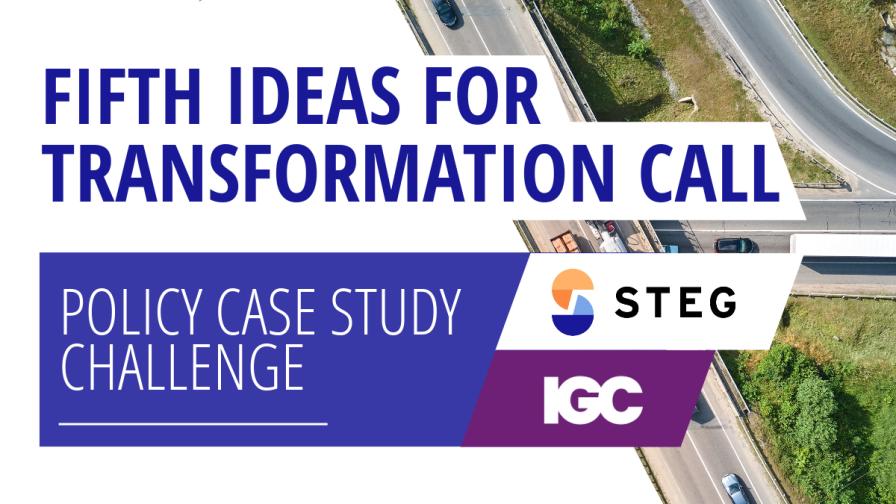The world’s poorest countries today have high employment and value-added shares in agriculture. Challenges in promoting transitions into higher-productivity work in other sectors are increasingly important as global agricultural productivity growth has slowed over the past few decades due to climate change. Another consequence of climate change is the increasing frequency of extreme weather events. While a large literature studies the consequences of climate change, there is limited evidence on the relationship between weather-related disasters and labour reallocation in sub-Saharan Africa. In this project, we ask whether low-income farm households in areas affected by weather shocks shift more labour toward non-farm activities over time than otherwise similar unaffected households, and whether psychological and cognitive mechanisms limit the extent to which households change their livelihood strategies.
We answer these questions in the context of massive flood shocks in Nigeria in 2012 and 2022. Our analyses combine household surveys with spatial data on flooding from NASA’s Global Flood Product and data on flood risk and realizations from the Nigerian Hydrological Services Agency (NIHSA). We analyse impacts of the 2012 floods over time using nationally-representative Nigeria General Household Survey-Panel data from 2010 to 2019. Comparing how households’ livelihood decisions change after the floods in flooded communities to households in similar communities that were not flooded allows us to identify the causal impact of the floods. We evaluate key mechanisms by looking at changes in migration, wealth, flood relief, and agricultural productivity. We explore a novel mechanism, impacts of floods on psychological outcomes, using primary data collection in Jigawa state targeting areas affected by the 2022 floods. We collect data on aspirations, self-efficacy, cognitive function, mental health, risk preferences, and beliefs about flood risk as well as measures of labour supply and livelihood diversification and compare outcomes after the floods for households in communities with similar ex ante predicted flood risk but different flood realizations.
Results of this study will help inform policies to strengthen economic resilience and livelihoods of the poor in the face of climate change and weather-related disasters in low- and middle-income countries. To promote policy relevance in Nigeria we are collaborating with NIHSA and Nigeria Emergency Management Agency to inform our research design and create channels for dissemination. By considering impacts of a flood shock at different time scales and exploring psychological and cognitive impacts, the project will help policymakers to determine whether interventions and assistance beyond immediate disaster relief are needed to achieve economic goals around employment and structural transformation.
